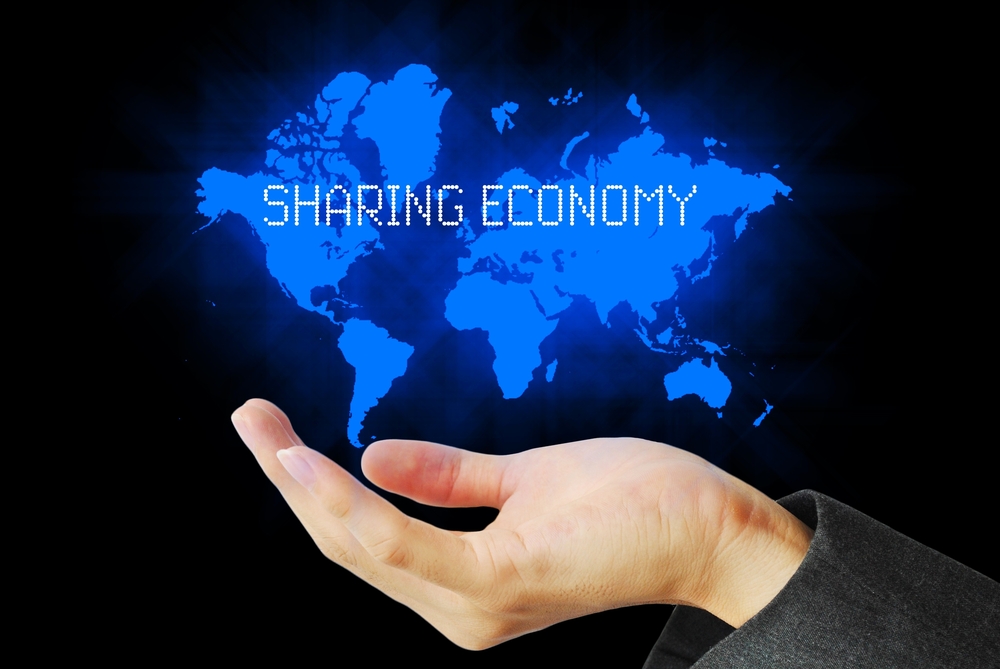Hailing a cab, hiring a handyman and buying your friend a birthday present. These are all things many of us are becoming accustomed to doing via apps – and what’s not to like about that? Apps make our lives easier, and bring us closer to the goods and services we love and use the most.
But would you be comfortable taking out a mortgage or buying a car via an app? Probably not without trusting the seller and having credible information. The internet grows by the millisecond and so it’s challenging and time-consuming to find that credible information before making a purchasing decision and, ultimately, sharing your personal data.
So what’s being done to help create more trust in the application economy?
The UK has just made a commitment to address this. Britain is to become the first country to create a trustmark accreditation for the sharing economy. The new benchmark will aim to promote best practices and a code of conduct for businesses and consumers.
>See also: Forget the 'sharing economy': technology is about to usher in the 'circular' economy
Much like more traditional industries, such as energy (Gas Safe), fishing (Sustainable Seafood) and FMCG goods (Fairtrade), as new economies begin to accelerate, industry standards become vital. Regulation can help prevent harm to businesses, promote healthy competition and ensure companies act in a fair manner towards consumers, if well applied.
The sharing economy is becoming one of the fastest growing sectors, and it all runs on apps. Companies like Uber, Airbnb and Etsy are using on-demand and compelling apps focused on the peer-to-peer ecosystem. This ecosystem fosters available shared resources so consumers can access goods and services when and where they are needed. This suddenly opens up dozens of options of how you get from A to B in a city like London, for example.
New app services like RelayRides and Bla Bla Car are attracting consumers, and propelling us into this new economy. The growing number of apps and new app-based businesses is accelerating the need for consumer trust.
A team from the Skoll Centre for Social Entrepreneurship at Oxford University’s Said Business School and Sharing Economy UK are the brains behind the UK trustmark.
The initiative was also welcomed by business secretary Sajid Javid, who said the sharing economy has “enormous potential to create jobs and growth” and that the government will “continue to scrap outdated regulations that hold back innovation”. He added that consumer trust is vital for any new product, technology or service.
>See also: The Uber-fication of everything: how Uber changed the world
As we watch the application economy grow, and new companies and ideas disrupt the market, existing businesses need to understand today’s expectations – something that requires a new approach.
A typical enterprise business 10 or 15 years ago had one department focused on the customer, like a customer care team. These teams weren’t so concerned about what the customer wanted or how their experience could be improved. Today’s enterprises have to take a different view.
In business, it’s everyone’s job to look at the customer. Consumers expect more now than ever. They expect the highest levels of customer service, excellent app performance and 24×7 availability. Agility, adaptability, responsiveness to change and now trust will be the key requirements in application economy.
Sourced from Marco Comastri, president and GM, EMEA, CA Technologies








